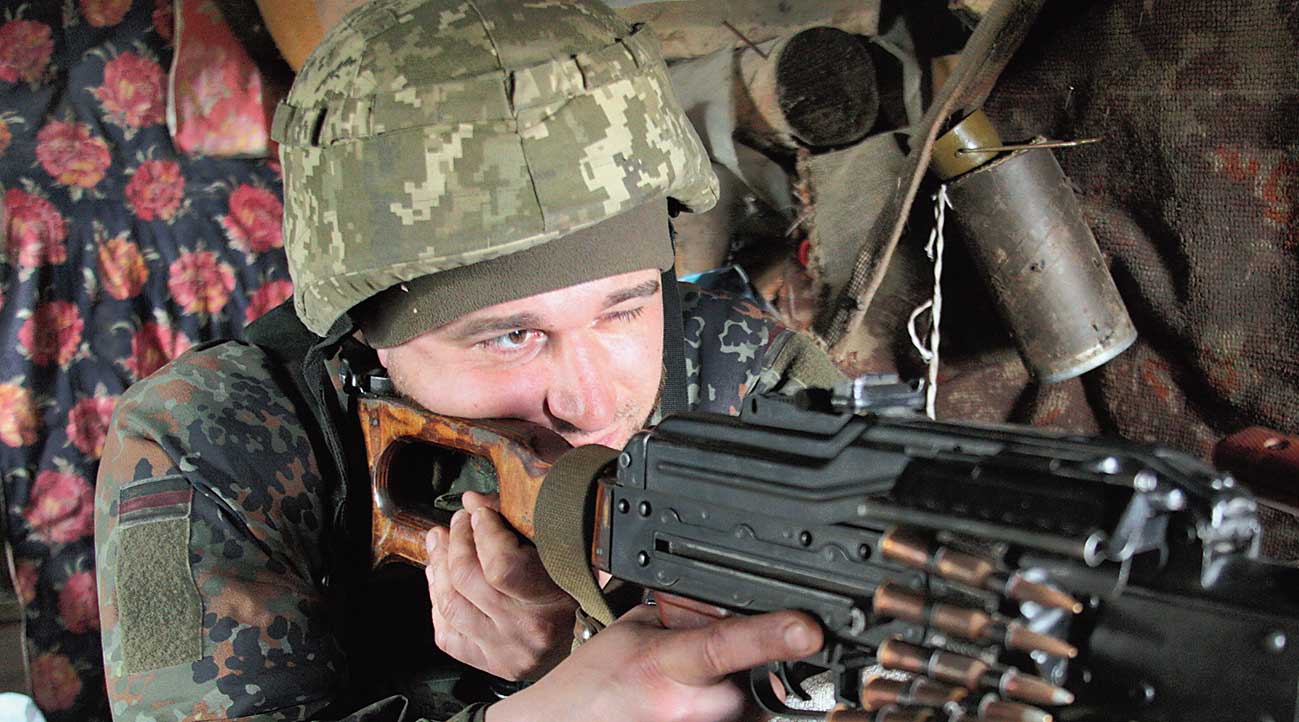Yarylovychi Border Crossing, Ukraine: On the other side of this border in northern Ukraine, not visible through the thick pine and birch forests that crowd the E-95 highway but noticeable to passing truckers, a force is gathering in Belarus more potent than anything seen in the country since the fall of the Soviet Union, officials and military analysts say.
Russia has deployed tanks and artillery, fighter jets and helicopters, advanced rocket systems and troops by the thousands all across Belarus, augmenting a fighting force that already envelopes Ukraine like a horseshoe on three sides. Russia says the troops have deployed for military exercises scheduled to commence next month, but the buildup in Belarus could presage an attack from a new vector, one in proximity to Ukraine’s capital, Kiev.
With much of Ukraine’s military might concentrated in the country’s east — where a war with Russian-backed separatists has raged for eight years — military analysts and Ukraine’s own generals say it will be difficult for the country to muster the forces necessary to defend its northern border.
“As a result of Russia taking control over Belarus, 1,070km of our border with Belarus became a threat,” said Oleksii Reznikov, Ukraine’s defence minister, referring to a distance of about 1,070km. “This is not a threat from Belarus but a threat from Russia moving through Belarus.”
The Novi Yarylovychi border crossing is a fast, 140-mile drive straight from the Belarus border south to Kiev on a highway that is mostly freshly paved thanks to efforts by President Volodymyr Zelensky to address the poor state of Ukrainian roads. It would be an easy ride for any Russian tank driver so long as Russian forces take out Ukrainian air power and artillery first.
On the Ukrainian side of the border, preparations to repel a potential military incursion are largely nonexistent. Last autumn, Ukraine deployed 8,500 troops to its northern border, a mix of border police, national guard forces and military that was mostly directed at preventing Belarus from sending West Asian migrants over the border the way it had in Poland and Lithuania.
Though that force remains in the border region, its members have left Novi Yarylovychi. There is now just a handful of guards, armed with automatic rifles, stationed at the post, little deterrence should a Russian tank unit make a sudden thrust toward the capital.
New York Times News Service










